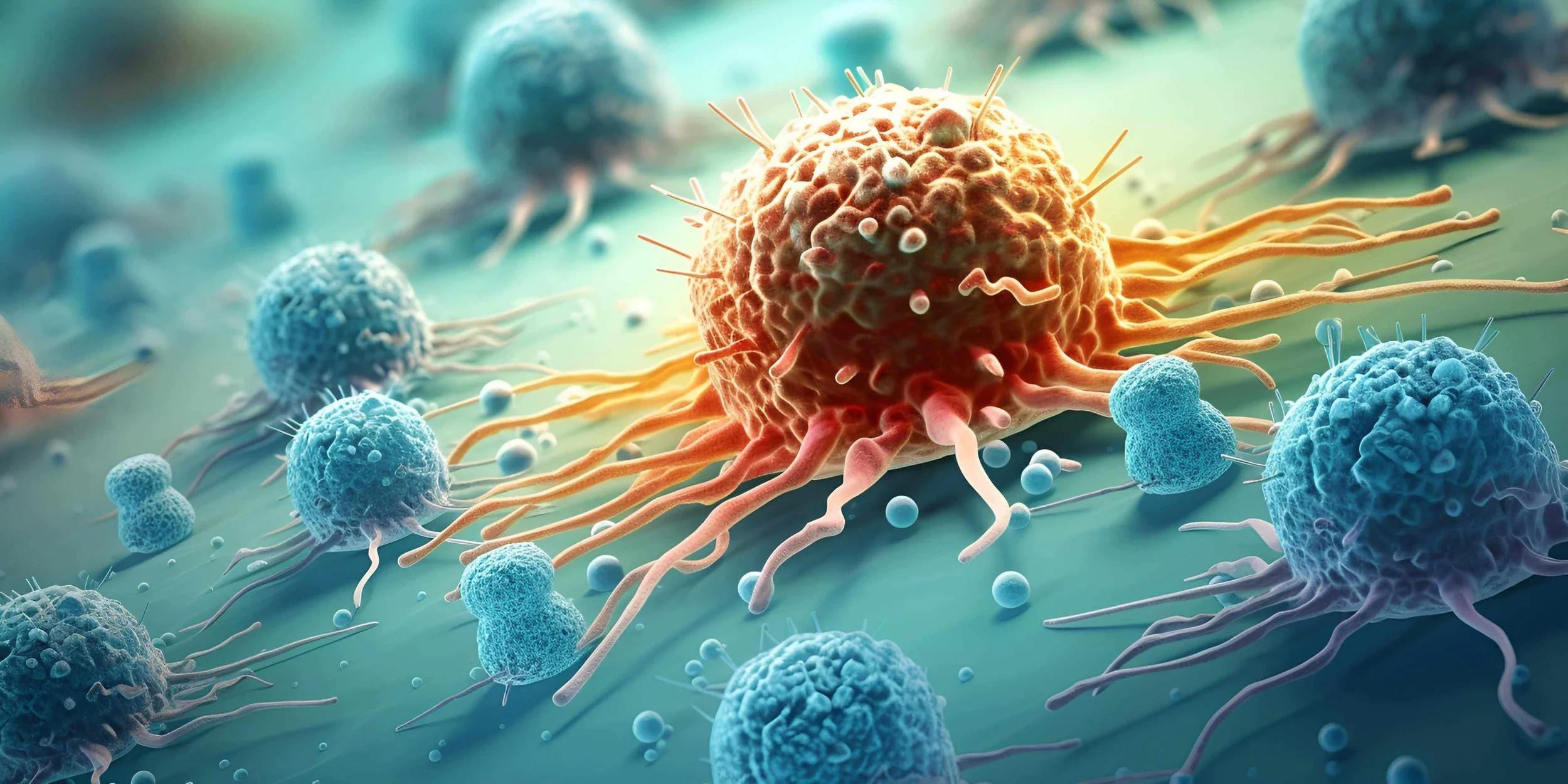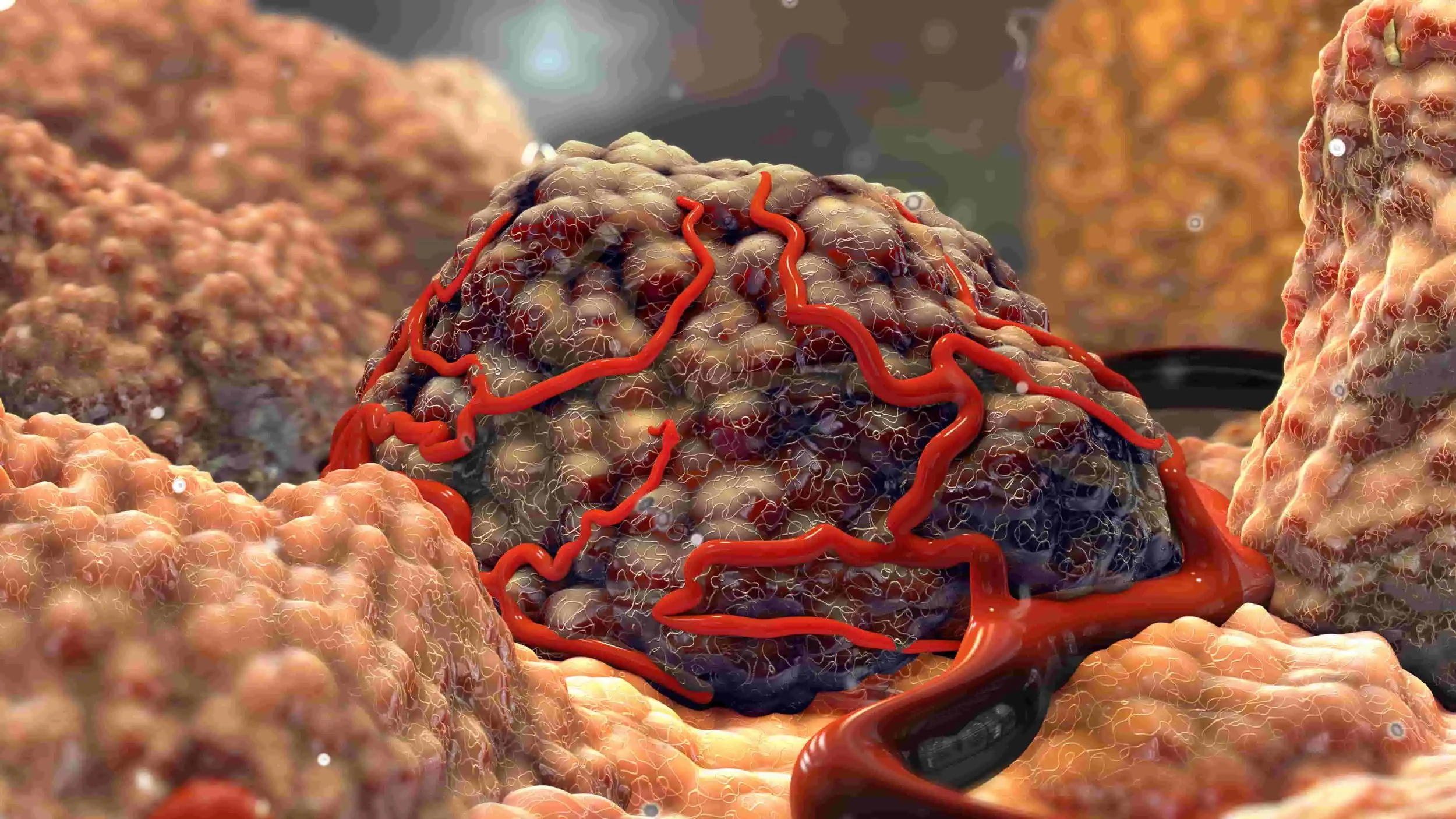Statins: Their Role in Cancer Prevention and Treatment
From triggering programmed cell death to disrupting the tumor microenvironment and targeting cancer stem cells, this video explores the diverse ways in which Statins contribute to combating cancer.
Continue on to the article below if you would rather read than watch a video.
Anti-Cancer Potential of Statins
Statins are the gold standard medication for reducing the risk of cardiac events in those with dangerously high cholesterol levels. Nearly 100 million people have been treated with statins. This widespread use uncovered evidence that Statins offer several anti-cancer benefits that are encouraging experts to re-purpose the medication for cancer prevention and treatment. This article reviews the latest evidence of anti-cancer activity that has shown statins may help:
◈ Restrict tumor growth
◈ Inhibit metastasis
◈ Trigger cancer cell death
◈ Prevent cancer recurrence
Large Study Shows Statins Reduce Death From Cancer by 40%
For over 35 years Statins have been the go-to medication to treat patients with high cholesterol levels to reduce risk of cardiac disease. However, in the last decade researchers have confirmed that Statins not only reduce cholesterol and improve cardiovascular risk, but they also demonstrate anti-cancer properties that have appeared to improve outcomes for many cancer patients.
The largest study investigating the impact of Statins on cancer included over 1.1 million cancer patients, it showed that the use of Statins tremendously helped this group… researchers observed an astounding 40% reduction of deaths from cancer. These realizations encouraged many researchers to uncover what specific anti-cancer activities Statins provided to patients. Studies over the last decade have garnered evidence that help explain how Statins have shown to prevent tumor growth, trigger cancer cell death, and protect against recurrence.
Five Ways Statins Attack Cancer
Here are five anti-cancer mechanisms of action discovered in the last decade:
Statins Induce Ferroptosis (Cancer Cell Death)
Ferroptosis is a type of programmed cell death that is dependent on the existence and involvement of iron inside the cell. It was only recently, just in 2012, that we discovered key features of ferroptosis that have spurred developments toward exploiting this activity as a cancer therapy. Many studies have shown that Statins can induce Ferroptosis in a variety of cancer cell types. More over, a study released in June of 2022 indicates that Statins stand out as a promising therapeutic that can trigger this type of cell death in chemoresistant cancer cells.
Statins Disrupt the Tumor Microenvironment
The tumor microenvironment (commonly referred to as TME) consists of a complex ecosystem of non-cancerous cells that surrounds a tumor. Cancer’s ability to manipulate and utilize resources in the TME result in tumor initiation, cancer progression, metastasis to distant sites, and its ability to resist chemotherapy. Fortunately, Statins have shown an ability to impact multiple metabolic pathways in the TME (tumor microenvironment) that are used by cancer cells.
Anti-Cancer Activity in TME
◈ Statins significantly reduce fatty acid concentrations in the TME, depriving cancer cells of an important resource.
◈ Statins interfere with the ability of cancer cells to use the mevalonate pathway, helping to deprive them of important metabolites… studies show this imposes oxidative stress on cancer cells contributing to cell death and improving the efficacy of chemotherapy.
◈ Statins also increase the activity of the cancer fighting immune system in the TME; specifically T Cells and Natural Killer Cells are found to get a boost from Statins.
Statins Inhibit Angiogenesis
Angiogenesis is the formation of new blood vessels from pre-existing vessels. This biological event is required for cancer growth and metastasis. Several clinical studies show that Statins have a powerful anti-angiogenic effect on many cancers, in some cases contributing to an 88% disease control rate.
Statins Target Cancer Stem Cells
Cancer stem cells are self-renewing malignant and oncogenic cells that drive tumor initiation and progression. Cancer stem cells are believed to:
✱ Multiply indefinitely
✱ Are responsible for the development of highly metastatic cells that spread to other parts of the body
✱ Are resistant to chemo and radiotherapy
✱ Are thought to be responsible for cancer relapse after standard therapy induced remission
Many studies have shown that Statins have several ways to target and disrupt Cancer Stem Cells. Methods include inhibiting use of the mevalonate pathway and critical proteins.
Statins anti-cancer stem cell activity may help prevent metastasis, sensitize cancer stem cells to chemotherapeutics and other cancer treatments, as well as prevent cancer recurrence.
Starve Cancer Using Statins: Metabolic Cancer Therapy
We possess an abundance of evidence that Statins can play a role in treating and preventing cancer, but it can’t do it alone.
The evidence suggests Statins work best when combined with other safe medications, supplements, and nutritional approaches that seek to starve cancer of the critical resources it needs to survive.
The resources cancer needs includes glucose, amino acids, and fatty acids. Using treatments to starve cancer of these resources is known as a Metabolic Cancer Therapy.
Studies show Statins can help disrupt cancer cells from using glucose and fatty acids. You can learn more about the other components of the Metabolic Cancer Therapy by selecting the link below.
Here is a recap of the anti-cancer capabilities of Statins.
How Do Statins Kill Cancer Cells?
◈ Statins trigger programmed cell deaths via Ferroptosis and Apoptosis
◈ They disrupt the ability to use resources in the Tumor Microenvironment
◈ Prevent formation of new blood vessels that drive growth
◈ Statins target cancer stem cells which can prevent cancer growth and recurrence
Studies Show Statins Are Safe To Use Alongside Standard Cancer Therapies
Since Statins have been used by nearly 100 million people, it has been proven safe to be taken alongside standard cancer treatments like chemo, radiation, and immunotherapy.
Most Statins are off patent, this makes it low cost and widely available. But this also means pharmaceutical companies have no financial incentive to seek FDA approval for Statins as a cancer treatment. Patients will need to work with a licensed medical provider to obtain a prescription and gain monitored use.
Those interested in using a Metabolic Cancer Therapy can schedule a consultation using the link below.
Medical Advice Disclaimer:The information, including but not limited to, text, graphics, images and other material contained on this website are for information purposes only and was based on the latest research accessible to the author at the time of publication. No material on this site is intended to be a substitute for professional medical advice, diagnosis or treatment. Always seek the advice of your physician or other qualified health care provider with any questions you may have regarding a medical condition or treatment and before undertaking a new healthcare regiment, and never disregard professional medical advice or delay in seeking it because of something you have read on this website.






